Filter by
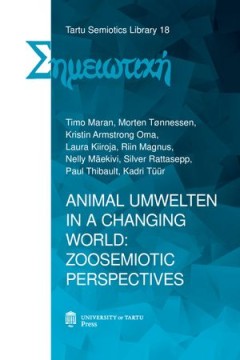
Animal Umwelten in a Changing World
The book raises semiotic questions of human–animal relations: what is the semiotic character of different species, how humans endow animals with meaning, and how animal sign exchange and communication has coped with environmental change. The book takes a zoosemiotic approach and considers different species as being integrated with the environment via their specific umwelt or subjective percep…
- Edition
- -
- ISBN/ISSN
- 9789949772810
- Collation
- -
- Series Title
- -
- Call Number
- -
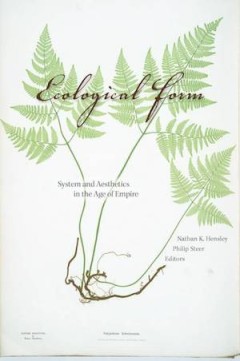
Ecological Form
Hensley and Steer look to join the conceptual tools of contemporary ecocriticism with the rich archive of nineteenth century thinking about imperial and ecological intertwinement. This collection of essays draws on that archive to demonstrate the relevance of Victorian thought for current theory and practice. Ecological Form argues that ecology, the empire, and literary thinking were inseparabl…
- Edition
- -
- ISBN/ISSN
- 9780823282128
- Collation
- -
- Series Title
- -
- Call Number
- -
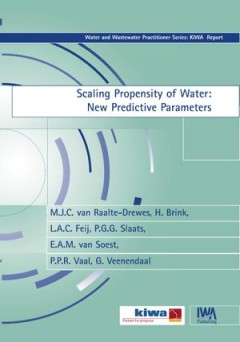
World Literatures
"Placing itself within the burgeoning field of world literary studies, the organising principle of this book is that of an open-ended dynamic, namely the cosmopolitan-vernacular exchange. As an adaptable comparative fulcrum for literary studies, the notion of the cosmopolitan-vernacular exchange accommodates also highly localised literatures. In this way, it redresses what has repeatedly been i…
- Edition
- -
- ISBN/ISSN
- 9789176350768
- Collation
- -
- Series Title
- -
- Call Number
- -
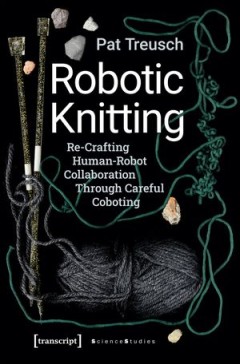
Working-Class Literature(s)
"The aim of this collection is to make possible the forging of a more robust, politically useful, and theoretically elaborate understanding of working-class literature(s). These essays map a substantial terrain: the history of working-class literature(s) in Russia/The Soviet Union, The USA, Finland, Sweden, The UK, and Mexico. Together they give a complex and comparative – albeit far from com…
- Edition
- -
- ISBN/ISSN
- 9789176350515
- Collation
- -
- Series Title
- -
- Call Number
- -
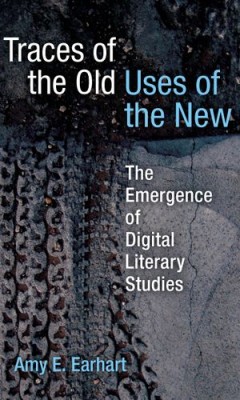
Traces of the Old, Uses of the New: The Emergence of Digital Literary Studies
Digital Humanities remains a contested, umbrella term covering many types of work in numerous disciplines, including literature, history, linguistics, classics, theater, performance studies, film, media studies, computer science, and information science. In Traces of the Old, Uses of the New: The Emergence of Digital Literary Studies, Amy Earhart stakes a claim for discipline-specific history o…
- Edition
- -
- ISBN/ISSN
- 9780472900688
- Collation
- -
- Series Title
- -
- Call Number
- -
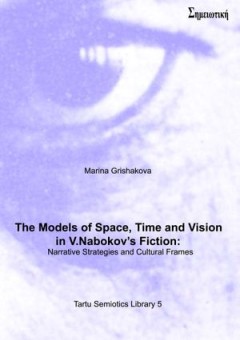
The Models of Space, Time and Vision in V. Nabokov’S Fiction: Narrative Str…
Marina Grishakova belongs to the younger generation scholars of the Tartu-Moscow school of semiotics. Her book is part of a semio-narratological tradition of a single author or a single work research that tackles issues of wider theoretical import: applicability of the concept of “modeling” in the humanities, theory of mimesis and the function of experimental literature in (post)modernist c…
- Edition
- -
- ISBN/ISSN
- 9789949320684
- Collation
- -
- Series Title
- -
- Call Number
- 791 GRI m
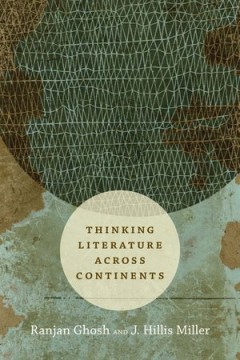
Thinking Literature across Continents
Thinking Literature across Continents finds Ranjan Ghosh and J. Hillis Miller— two thinkers from different continents, cultures, training, and critical perspectives— debating and reflecting upon what literature is and why it matters. Ghosh and Miller do not attempt to formulate a joint theory of literature; rather, they allow their different backgrounds and lively disagreements to stimulate…
- Edition
- -
- ISBN/ISSN
- 9780822361541
- Collation
- -
- Series Title
- -
- Call Number
- -
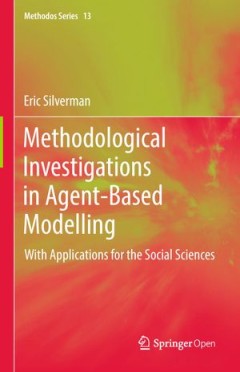
The Speed Handbook: Velocity, Pleasure, Modernism
Speed, the sensation one gets when driving fast, was described by Aldous Huxley as the single new pleasure invented by modernity. The Speed Handbook is a virtuoso exploration of Huxley’s claim. Enda Duffy shows how the experience of speed has always been political and how it has affected nearly all aspects of modern culture. Primarily a result of the mass-produced automobile, the experience o…
- Edition
- -
- ISBN/ISSN
- 9781478090748
- Collation
- -
- Series Title
- -
- Call Number
- -
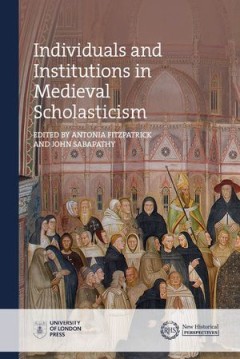
Proofs of Genius: Collected Editions From The American Revolution To The Digi…
Proofs of Genius: Collected Editions from the American Revolution to the Digital Age is the first extensive study of the collected edition as an editorial genre within American literary history. Unlike editions of an author’s “selected works” or thematic anthologies, which clearly indicate the presence of non-authorial editorial intervention, collected editions have typically been arrange…
- Edition
- -
- ISBN/ISSN
- 9780472900091
- Collation
- -
- Series Title
- -
- Call Number
- -
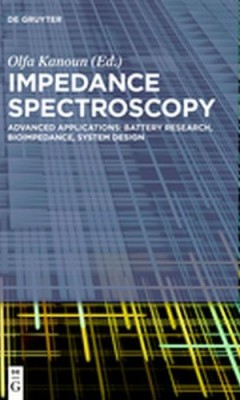
Promissory Notes: On the Literary Conditions of Debt
There is no doubt that the beginning of the twenty-first century was marked by crises of debt. Less well known is that literature played a historical role in defining and teaching debt to the public. Promissory Notes: On the Literary Conditions of Debt addresses how neoliberal finance has depended upon a historical linking of geopolitical inequality and financial representation that positions t…
- Edition
- -
- ISBN/ISSN
- 9781643150024
- Collation
- -
- Series Title
- -
- Call Number
- -
 Computer Science, Information & General Works
Computer Science, Information & General Works  Philosophy & Psychology
Philosophy & Psychology  Religion
Religion  Social Sciences
Social Sciences  Language
Language  Pure Science
Pure Science  Applied Sciences
Applied Sciences  Art & Recreation
Art & Recreation  Literature
Literature  History & Geography
History & Geography